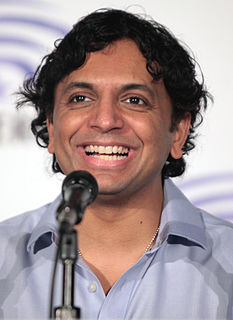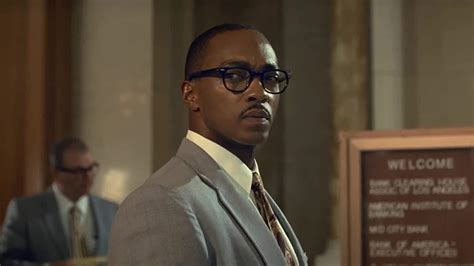A Quote by Rutger Hauer
I don't want to tell them what to take away from a movie, I think a movie should tell that.
Related Quotes
I tell everybody on the first day of making a movie that if anyone's here to further their career, they should leave. I'm gonna make the movie in such a way that we won't have a career when this movie comes out. Because the people who hold the moneybags are not going to want to share any of that money with us to make the next movie!
The thing that I think a director has to have in order to make a movie really work, and to certainly make a film that feels personal, is that you have to have a sense of the feeling that you want to create in people, the tone which you want to tell the story, and the basic themes you want to come out. You can't compromise on those because you are then not making the movie that you are going to be good at telling.
If you watched a movie about a guy who wanted a Volvo and worked for years to get it, you wouldn’t cry at the end when he drove off the lot, testing the windshield wipers. You wouldn’t tell your friends you saw a beautiful movie or go home and put a record on to think about the story you’d seen. The truth is, you wouldn’t remember that movie a week later, except you’d feel robbed and want your money back. Nobody cries at the end of a movie about a guy who wants a Volvo.
The thing that I think a director has to have in order to make a movie really work, and to certainly make a film that feels personal, which I hope this one does, is that you have to have a sense of the feeling that you want to create in people, the tone which you want to tell the story, and the basic themes you want to come out. You can't compromise on those because you are then not making the movie that you are going to be good at telling.


































